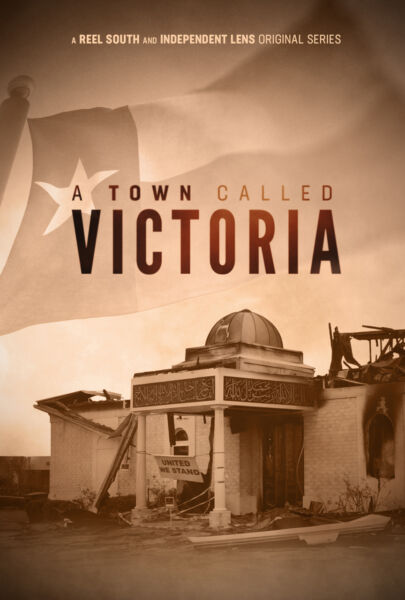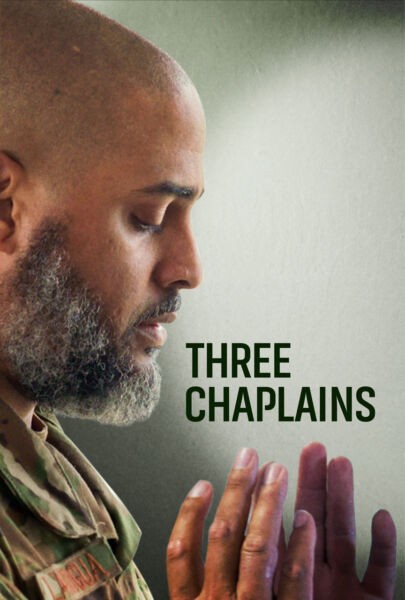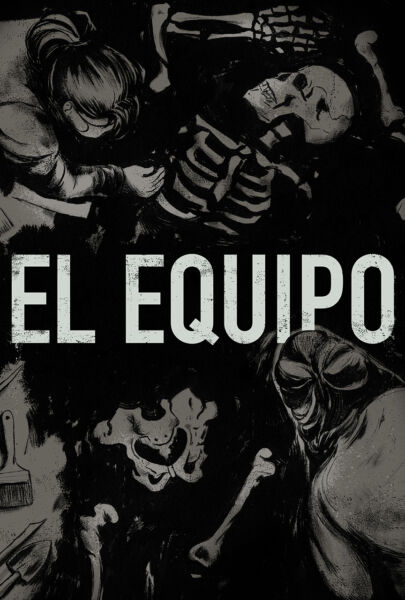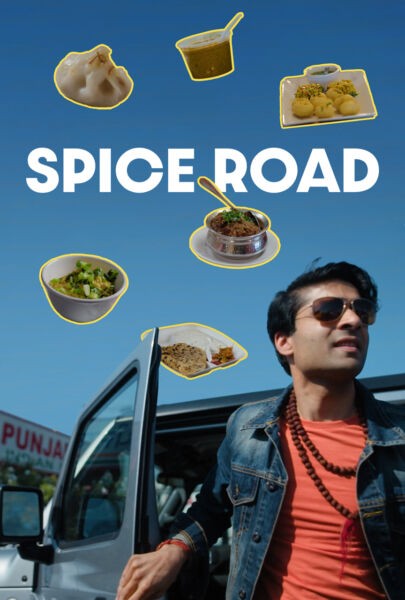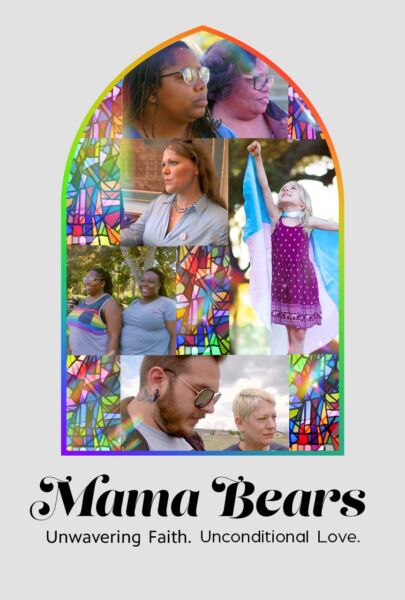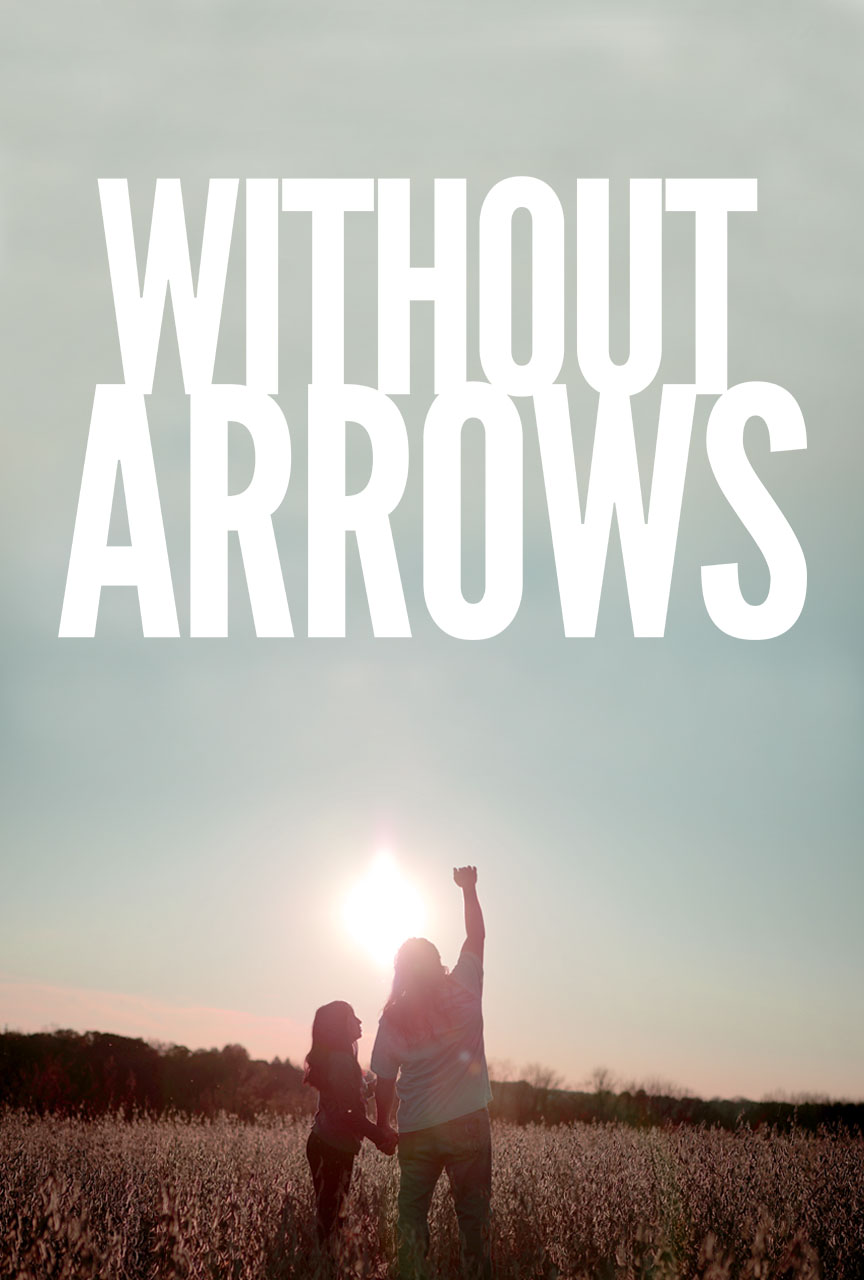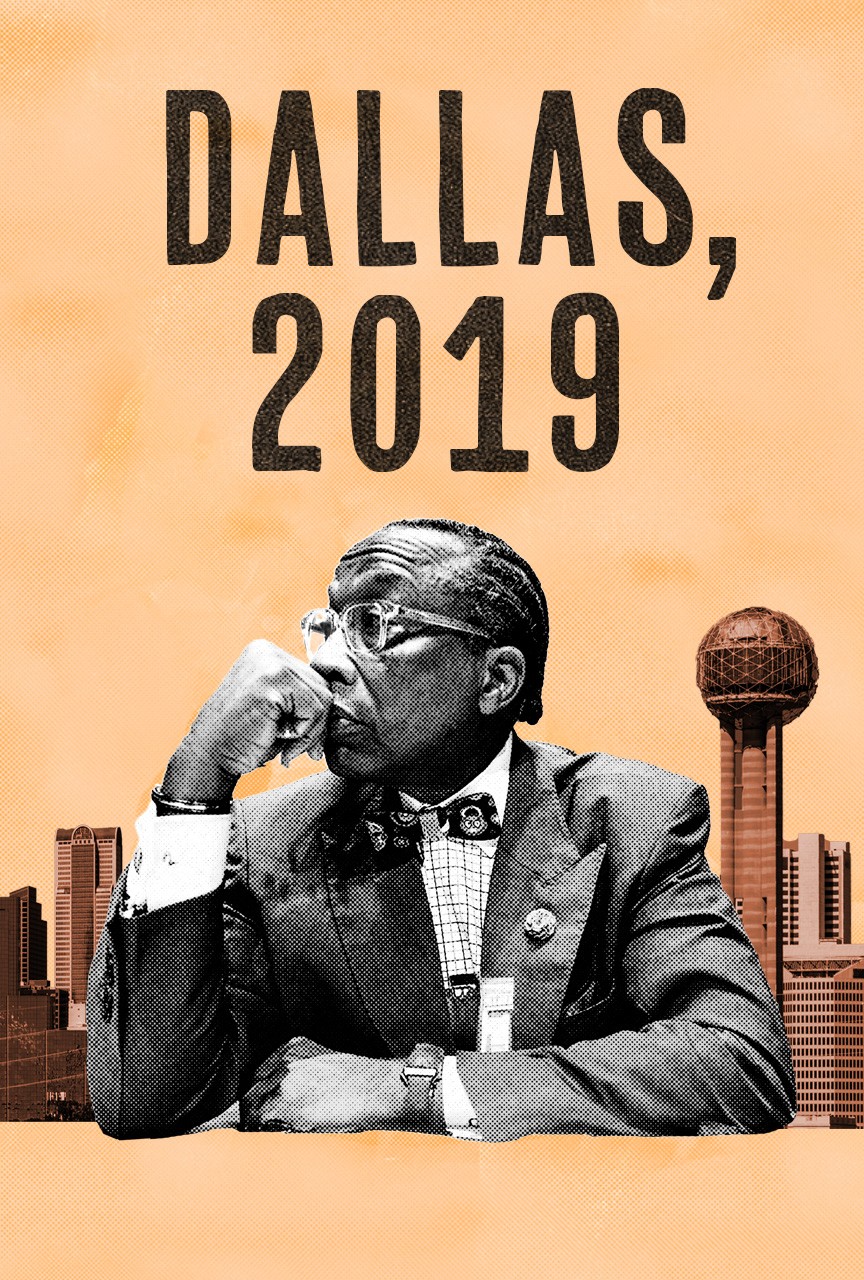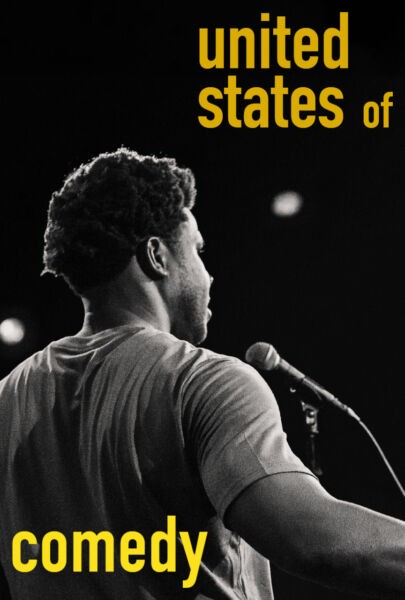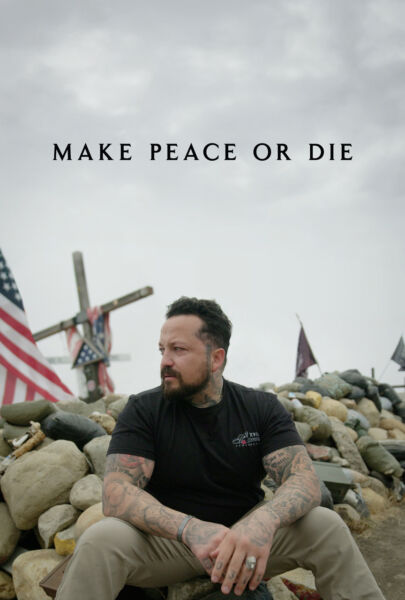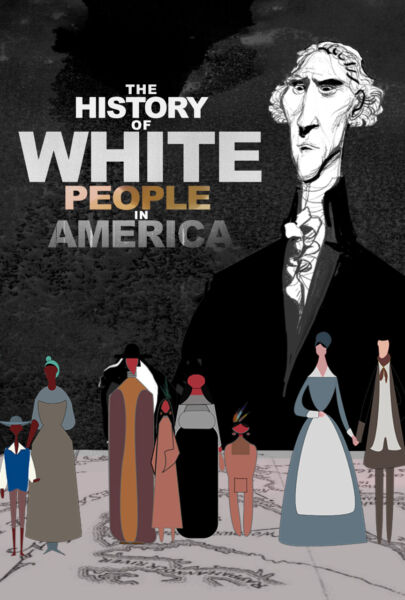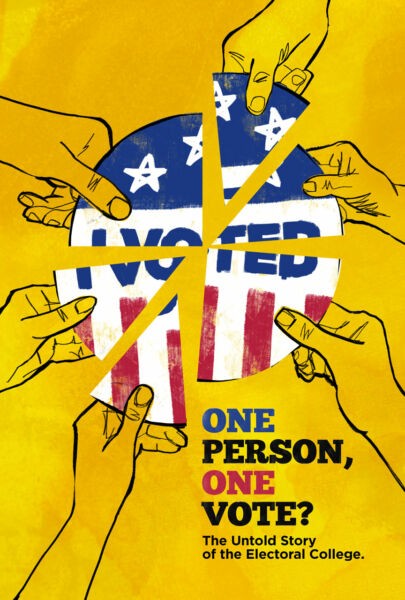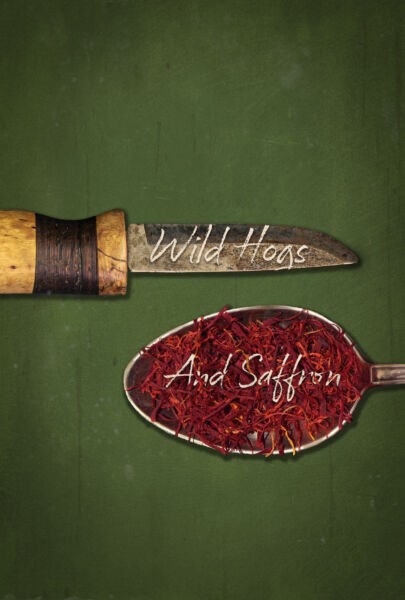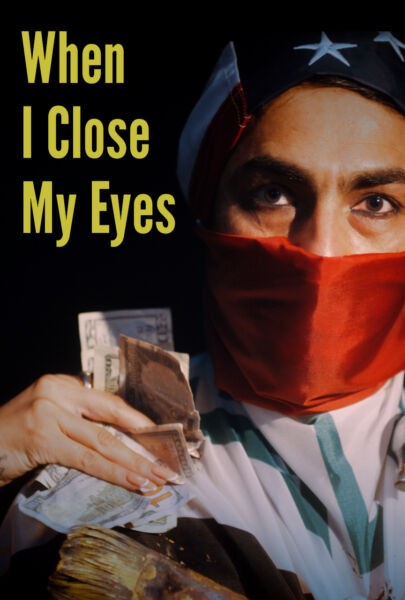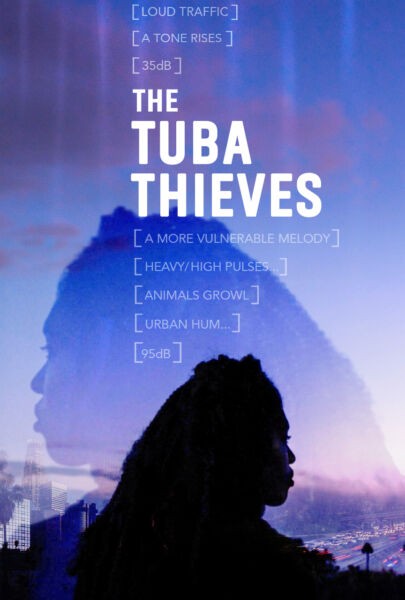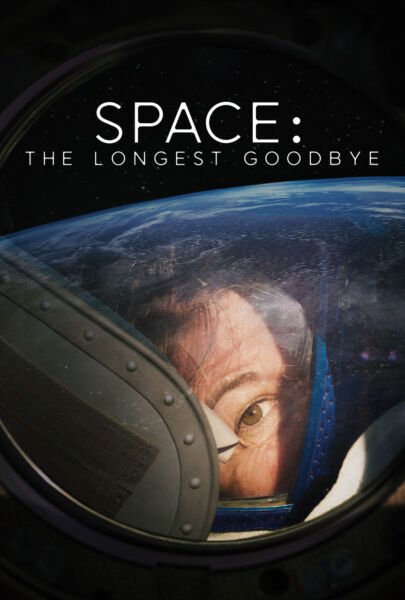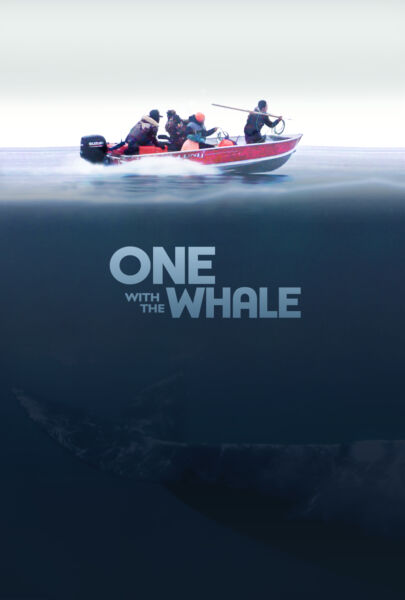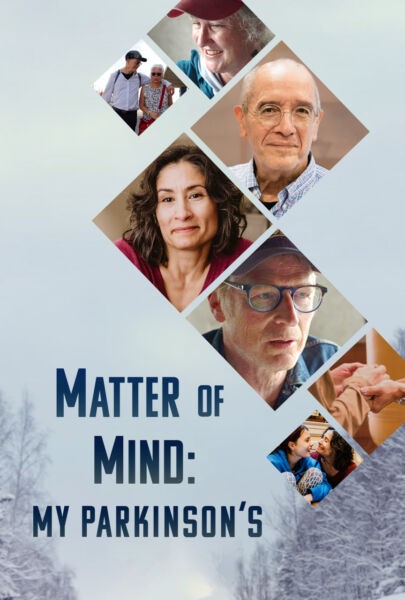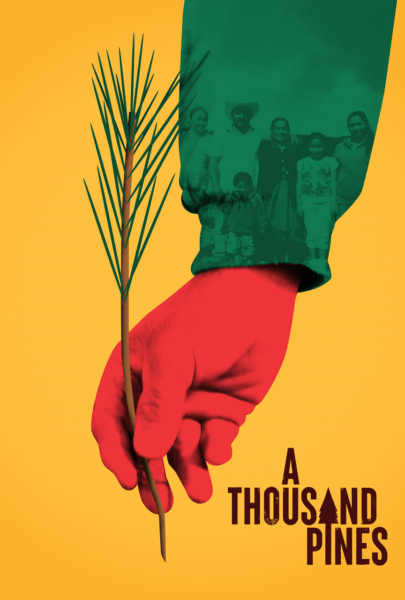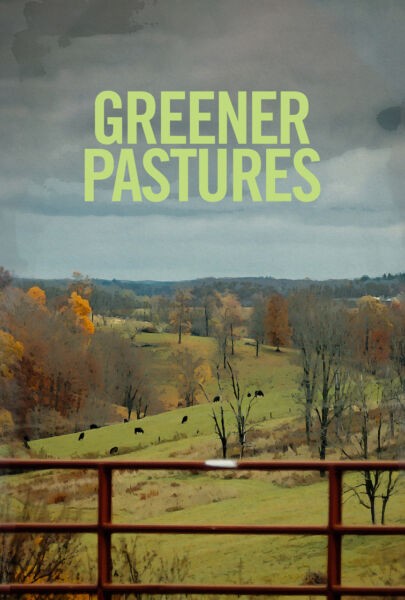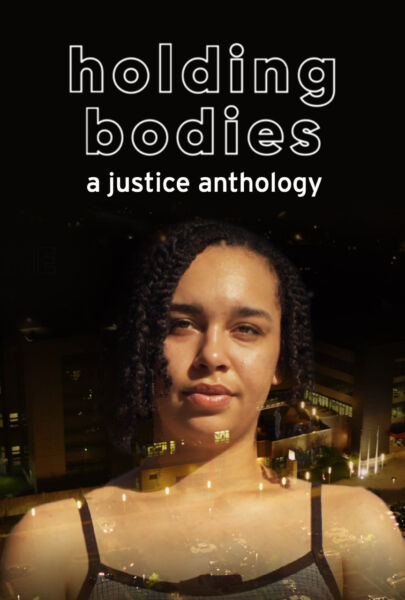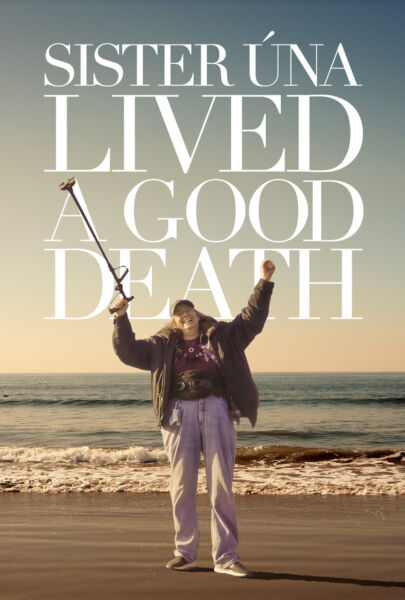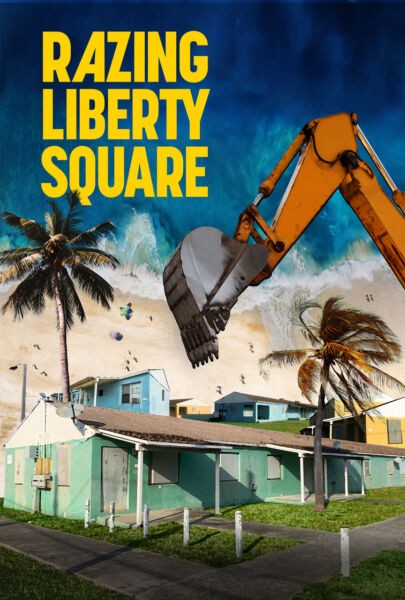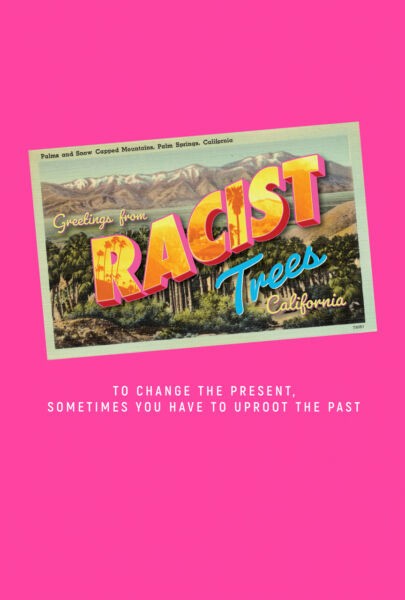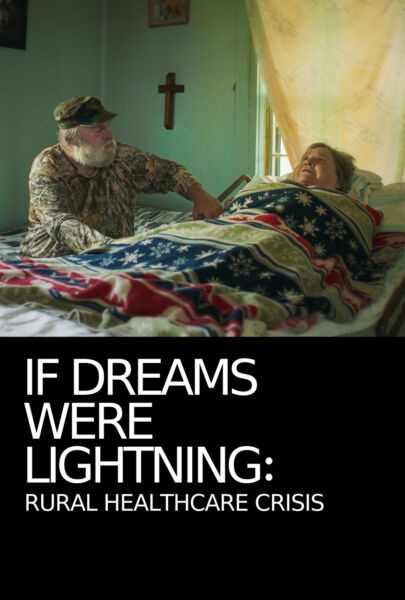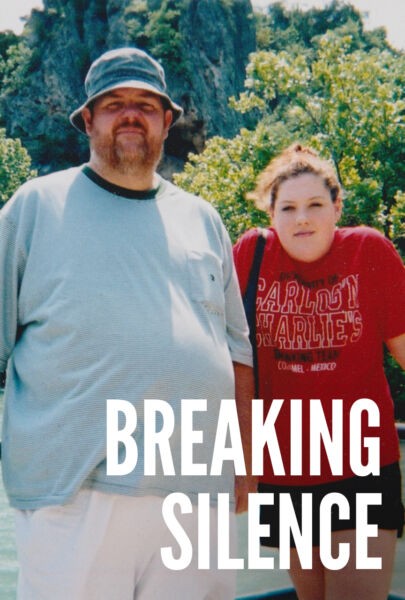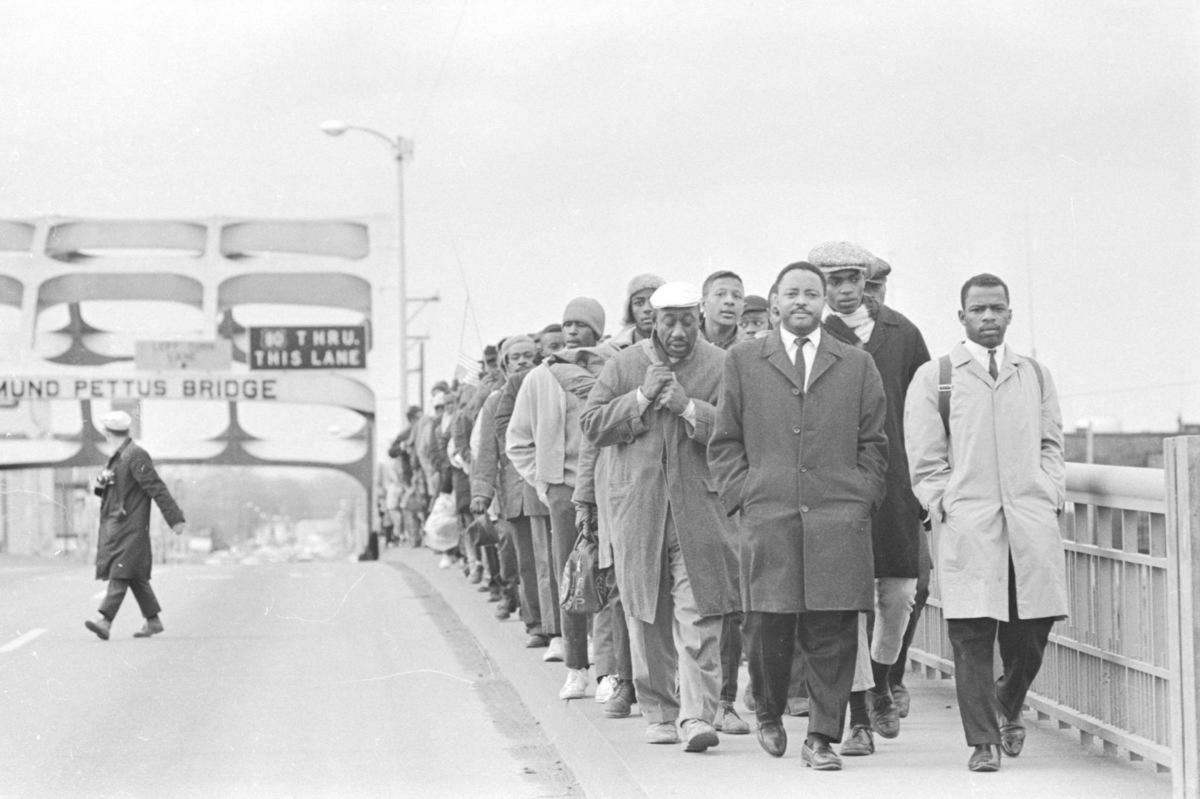
The right to vote is one of the most fundamental rights in a Democracy, and yet who has been allowed to vote in America has been a battle that’s been bitterly waged for decades.
Two new documentaries; John Lewis: Good Trouble, about the legendary Civil Rights activist and Congressman; and American Experience’s two-part series The Vote, which follows the fight for women’s suffrage, couldn’t have come at a more timely moment.
One hundred years after women — that is to say, white women — finally got the vote and 55 years after the historic Voting Rights Act was signed into law, blatant voter suppression and gerrymandering are still happening across the country. These documentaries help shed light on the hard work that goes into keeping elections fair and accessible for everyone.
John Lewis: Good Trouble (2020)
In Dawn Porter’s film, Civil Rights icon John Lewis recalls that fateful day on the Edmund Pettus Bridge in Selma when he and hundreds of other Black marchers were beaten bloody by State Troopers simply for trying to register to vote.
The brutal incident swayed public opinion to support the Civil Rights movement and helped spur Lyndon B. Johnson to sign the historic Voting Rights Act in 1965.
The documentary points out that the battle is still going on: “Voter suppression continues today is subtler ways; Eliminating polling places, strict voter ID requirements, cutting back on early voting, purging the voter rolls, and getting rid of same-day registration.”
And with the Voting Rights Act essentially gutted in a 2013 Supreme Court decision, voter suppression continues to be a major issue in elections across the country.
The 80-year-old Lewis is as of this writing serving his 17th term in Congress. As he said at a political rally in 2018, “It’s a very difficult time we’re going through in America. I’m afraid one day we may wake up and our Democracy is gone. We can not afford to let that happen. As long as I have breath in my body, I will do what I can.”
Good Trouble is now available for rent on-demand. Dawn Porter directed the 2016 Independent Lens documentary TRAPPED.
The Vote (2020)
“The textbooks when I went to school said, ‘women were given the vote.’ We weren’t given anything. We took it,” notes one historian in PBS American Experience‘s compelling and comprehensive, two-part mini-series The Vote, about the long road to women’s suffrage.
Despite Black men’s voting rights having been theoretically secured with the 15th Amendment in 1789, by the 19th century, politics was still very much “a white man’s business,” according to narrator Kate Burton.
As historian Alexander Keyssar notes in the series, “The constitution, in its original form, said nothing about the right to vote. When the Founding Fathers wrote ‘we the people,’ they were talking about adult white males.”
One of the first male advocates for women’s suffrage was Frederick Douglass and the first wave of suffragists were abolitionists like Susan B. Anthony and Sojourner Truth. But when the South began barring Black men from voting through grandfather clauses, literacy tests, and poll taxes, the women’s movement followed suit: African American women were sidelined and Southern chapters began refusing Black members. Anthony even asked Douglass not to attend a convention so as to not “alienate” potential members.
Like any other movement, it was also split between those who called for radical action and those who believed in working within the system.
In the first camp was Alice Paul, who, as a Quaker, had received the same education as the men in her community. In England, under the leadership of Emmeline Pankhurst, Paul learned the art of public demonstration. She was repeatedly jailed and even force-fed. Upon returning to America, she continued the fight with a widely publicized women’s suffrage march that, like that march in Selma, ended up with police brutality and a public outcry that swelled sympathy for the movement.
Her more extreme ideas included weeks of 24-hour picketing outside Woodrow Wilson’s White House, where placards compared him to the cruel German Kaiser.
Working within the system by gently persuading male legislators was the approach for Carrie Chapman Catt and her team, who also kept thorough notes on each senator’s associates and predilections.
When upper-class women were joined by the growing working class of women — many, including women of color who had been instrumental during the Great War — they turned the tide, securing the passage of the 19th Amendment in 1920.
Slay the Dragon (2020)
As seen in this incendiary new documentary by Barak Goodman and Chris Durrance, we learn that the Flint, Michigan water crisis never would have happened without gerrymandering — the partisan practice of drastically redrawing voting district lines. (The practice takes its name from Elbridge Gerry, who drew such an oddly shaped map for Boston in 1812, it was compared to a salamander. Thus was born a devious practice going on to this day.)
In 2012, Flint had appointed “emergency managers,” who made the disastrous decision to switch Flint’s water supply in 2014 — and then found a loophole in the law to keep it in place despite massive voter rejection.
The crisis really started in 2010, a crucial census and redistricting year, with the “REDMAP Project” (Redistricting Majority Project), a Republican-sponsored initiative to redistrict as many states as possible to win and keep seats across the country.
As Vann R. Newkirk II, writer at The Atlantic, points out, “If you win state legislatures you get to control the new maps that control all the elections over the next decade.”
Big conservative donors, including Wal-Mart and the Koch Brothers, contributed to the Redmap Project. David Daley, of FairVote and author of the books Ratf**ked and Unrigged, says in the documentary, “They did this for $30 million. It’s perhaps the biggest heist in modern political history.”
Per the documentary, the Washington-based lobby group called ALEC (American Legislative Exchange Council) wrote most of the bills that re-introduced voter suppression tactics such as Voter ID laws.
ALEC was founded by the late Conservative strategist Paul Weyrich. There’s a chilling clip of Weyrich saying, “I don’t want everybody to vote. Elections are not won by a majority of people… Quite candidly, our leverage in the elections goes up as the voting populace goes down.”
In 2016, Michigander Katie Fahey, a political neophyte, founded the bipartisan citizens group Voters Not Politicians, with the goal of fair redistricting. The group got their case all the way to the Supreme Court in 2017 — who ruled that gerrymandering is a state’s rights issue, not a federal one.
Says Ari Berman, journalist at Mother Jones and author of Give Us the Ballot: The Modern Struggle for Voting Rights in America, “We are seeing efforts to undermine the very core values of Democracy. Nothing in America is more fundamental than having the right to vote and having the right to representation.”
Willie Velasquez: Your Vote Is Your Voice (2016)
In this hour-long, eye-opening PBS documentary, Southwest Voter Registration Education Project founder Willie Velasquez is finally given his due alongside such celebrated activists as Cesar Chavez and Dolores Huerta. Velasquez’s voter registration drives helped enfranchise Latino and Hispanic communities across the Southwest throughout the ‘60s, ‘70s and ‘80s.
The poll tax, which was designed to prevent poor people from voting, wasn’t eliminated in Texas until 1966. That’s when a young Velasquez, who was inspired by the work in the Black Civil Rights movement, began knocking on doors to register Latinos who had never voted before.
Velasquez went on to co-found the MAYO, the Mexican American Youth Organization, which was influenced by SNCC, the Student Non-Violence Coordinating Committee that John Lewis belonged to in Selma. In 1974, Velasquez founded SVREP, which helped fuel such careers as Henry Cisneros, the first Latino mayor of San Antonio since 1842.
As Victoria Defrancesco Soto, a political scientist at the University of Texas points out in the documentary, “When LBJ signed the Voter Registration Act into law in 1965, Latinos were not explicitly included until 1975.” Velasquez helped change that.
Velasquez, who passed away at age 44 in 1988 of kidney cancer, spearheaded hundreds of voter suppression lawsuits to see that the new law was enforced.
7 Worthy Narrative Films About Voting Rights
1. Selma (2014): David Oyelewo stars as Martin Luther King. Jr. and Stephan James as John Lewis in Ava DuVernay’s searing historical drama about the pivotal voting rights protests in Selma, Alabama.
2. Suffragette (2015): Meryl Streep stars as British suffragette Emmeline Pankhurst, who adopted drastic methods of civil disobedience to draw attention to the cause.
3. Iron Jawed Angels (2004): This TV movie stars Hilary Swank as Alice Paul and Anjelica Huston as Carrie Chapman Catt, who clashed over how best to secure the vote.
4. Free State of Jones (2016): Based on the true story of white Southerners and slaves who fought against the Confederacy, it features the perils freed slaves faced when trying to vote after the war.
5. All the Way (2016): Bryan Cranston reprises his Tony-winning performance as LBJ and Anthony Mackie stars as Martin Luther King Jr., for the story of how they both fought in their own ways for the landmark Civil Rights Act, which demanded guaranteed voting rights for Black people, although the film is much more centered on Johnson and other white leaders rather than on the risks that King took.
6. Recount (2008): This Emmy-winning dark comedy/drama about the 2000 presidential election boasts a very compelling cast including Laura Dern, John Hurt, Denis Leary and Tom Wilkinson.
7. The Divine Order: Switzerland’s 2018 entry for Best Foreign Language Film Oscar is about a housewife and mother in a small village who advocates for women’s suffrage in 1971 — more than 50 years after it was granted in the United States.

